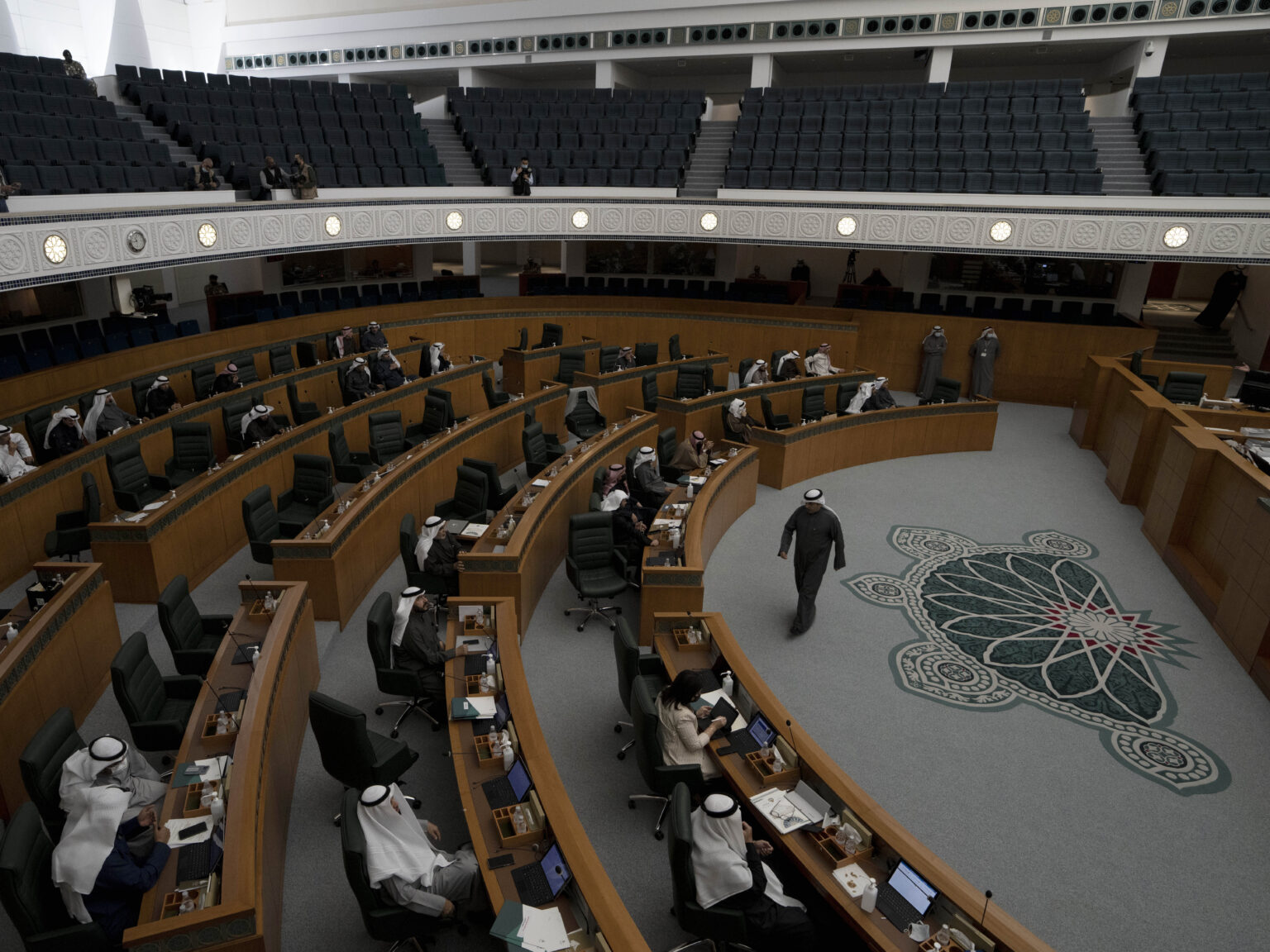Kuwait abolishing laws has become one of the most talked-about topics in the Gulf region. Whispers of secret reforms, sudden removals of long-standing rules, and quiet changes within the country’s legal framework have stirred widespread curiosity and concern.
But what is really happening? Are these claims exaggerated, or is Kuwait actually moving toward a silent restructuring of its governance? This article takes a closer look at the reports, reactions, and possible consequences of these alleged legal reforms.
Background: Why Laws in Kuwait Matter So Much
Kuwait is known for its unique blend of democratic practices and monarchy in the Gulf region. Unlike some of its neighbors, it has an active parliament, constitutional rights, and a long history of citizen participation in governance.
Laws in Kuwait are not just regulatory tools — they shape the social and political balance between citizens, the ruling family, and expatriates who make up a large share of the population. Any major change in laws, therefore, creates waves of uncertainty and speculation.
When reports started circulating that certain laws were being abolished quietly, public debate erupted. People wanted answers:
- Which laws are being removed?
- Why are these reforms not being openly debated?
- How will this affect everyday life, business, and freedoms?
What Are People Saying About Kuwait Abolishing Laws?
Speculation ranges from economic reforms to social restrictions being lifted. Rumors suggest that laws related to:
- Media regulation (censorship and press freedom)
- Expatriate residency rules
- Public assembly and protest laws
- Business ownership rights
…might be under review or quietly withdrawn.
While there is no official confirmation of which exact laws are being abolished, several indicators point to legal shifts:
- Government Statements: Officials have spoken about the need for “modernization” and “streamlining outdated legislation.”
- Public Silence: The lack of transparency in announcing reforms has fueled suspicion.
- Citizen Reactions: Many Kuwaitis believe that “secret” reforms risk undermining trust between people and government.
Why Would Kuwait Abolish Laws in Secret?
There are several possible reasons why Kuwait may be moving quietly on legal reforms:
1. Political Stability
Kuwait has witnessed frequent clashes between parliament and the executive branch. Abolishing certain laws quietly may be a way to avoid political confrontation while still enacting change.
2. Economic Pressure
With fluctuating oil revenues, Kuwait faces pressure to attract investment. Loosening business laws discreetly could make Kuwait more appealing to foreign investors without triggering domestic backlash.
3. Social Sensitivities
Some laws, especially those related to freedom of expression, gender roles, or expatriate rights, can spark heated debate. Quiet reforms allow changes without igniting mass protests.
4. Regional Competition
Kuwait competes with Gulf neighbors like Saudi Arabia and the UAE, which are undergoing massive reforms. Secretly abolishing outdated laws could be Kuwait’s way of catching up without loud publicity.

Citizens’ Reactions: Between Hope and Fear
The topic of Kuwait abolishing laws has divided public opinion:
- Supporters see this as a step toward modernization and openness. They argue that outdated laws hinder progress, and even secret reforms are better than none.
- Critics worry that abolishing laws without open debate undermines democracy. They fear a slippery slope toward reduced transparency.
- Expatriates, who make up nearly 70% of Kuwait’s population, are especially curious about whether laws on residency and employment are being relaxed or tightened.
On social media, hashtags like #KuwaitReforms and #AbolishingLaws have trended, with users debating what the future may hold.
International Watch: Why the World Is Paying Attention
Kuwait is not just a small Gulf country it is a strategic energy hub and regional mediator. Any legal changes affect:
- Foreign businesses considering investment.
- Diplomatic relations with allies and neighbors.
- Human rights rankings, especially if reforms affect freedoms of speech or assembly.
International observers are closely watching how Kuwait’s alleged legal reforms play out, especially given the global spotlight on governance in the Middle East.
Which Laws Could Disappear Next?
While unconfirmed, experts suggest that three categories of laws are most likely to be affected:
- Economic Laws
- Regulations around foreign investment
- Rules on ownership and taxation
- Startup and SME licensing requirements
- Social Laws
- Restrictions on media and online speech
- Gender-specific laws in workplaces
- Public morality regulations
- Political Laws
- Rules around demonstrations and gatherings
- Laws regulating political participation and opposition groups
If true, Kuwait could be entering a new era of governance — one that is lighter on restrictions but heavier on secrecy.
What Could This Mean for Kuwait’s Future?
Positive Outcomes
- Greater economic competitiveness.
- More personal and social freedoms.
- Attraction of global talent and investors.
Negative Outcomes
- Reduced trust between government and citizens.
- Potential backlash if reforms touch sensitive cultural areas.
- Risk of instability if changes are perceived as unfair or sudden.
Conclusion: A Nation at a Crossroads
The question of Kuwait abolishing laws — secretly or otherwise — highlights a deeper struggle between tradition and modernization. While reforms may be necessary to keep pace with global change, the lack of transparency raises concerns about democratic accountability.
For now, Kuwaitis wait and watch. Are their lives about to change quietly overnight? Or will the government step forward with clarity and public debate?
One thing is certain: Kuwait’s legal landscape is on the edge of transformation, and the world is paying close attention.
Do follow us: Instagram
Read More: Qatar Airways Launches 2026 Tennis Travel Packages for Doha Tournaments



